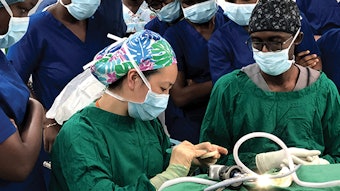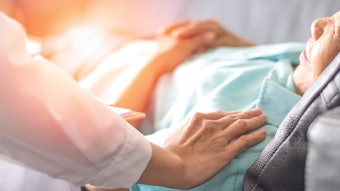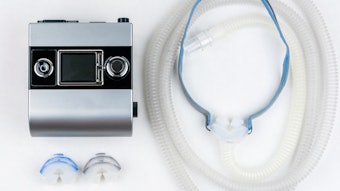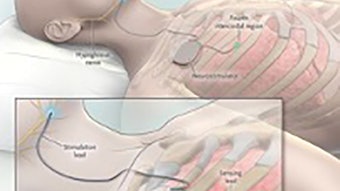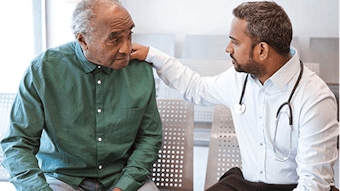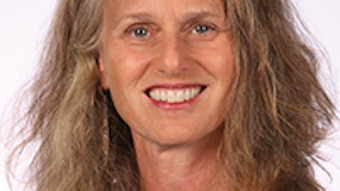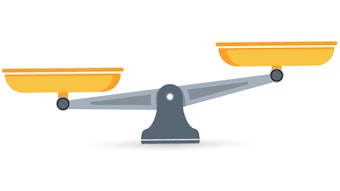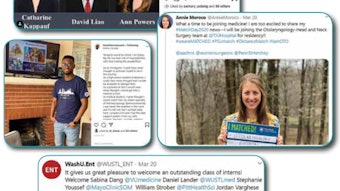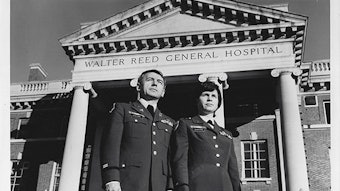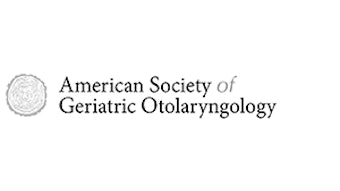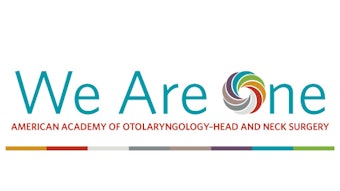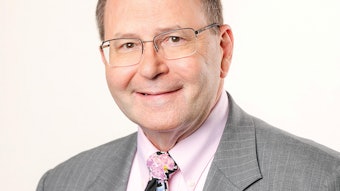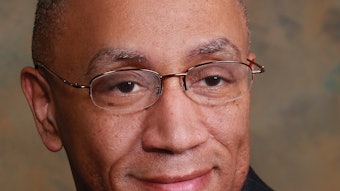Uncertainty and Its Impact on the Young Otolaryngologist
Being a young otolaryngologist is simultaneously incredibly exciting and utterly terrifying even on a routine day-to-day basis. Keeping patients alive with precarious medical conditions, mastering your craft, building your practice, and discovering your preferences all while traversing the complex landscape of medicine in America is difficult in and of itself.

David S. Cohen, MD, YPS Chair
Being a young otolaryngologist is simultaneously incredibly exciting and utterly terrifying even on a routine day-to-day basis. Keeping patients alive with precarious medical conditions, mastering your craft, building your practice, and discovering your preferences all while traversing the complex landscape of medicine in America is difficult in and of itself. Now, add in the global pandemic of COVID-19, and the balancing act of keeping a practice open and running is even more destabilized.
There are specific trials and tribulations that come with being a young surgeon. You realize that what was once dogma in your training may not be common practice in your present setting. Surgical techniques are tried and tested, ultimately filtering into a chimera of your most important influences mixed with current research and trends. You collect mentors along the way in various stages of career and reach out to them for expert consultation or a shoulder to lean on after a hard day, often virtually. Compound this with the daily responsibilities of life—finding a place to live, starting or expanding a family, or learning how to protect your investments—it’s no small feat this life we choose to live, and uncertainty becomes a feeling all too familiar.
And yet despite juggling these responsibilities, our focus remains on one choice that we made not so long ago: to care for our patients as if they were our own family. Many of us will be placed into situations that threaten our opportunity to practice. Whether it is business closures affecting our ability to pay staff or a lack of personal protective equipment that could expose our physicians to a heightened risk of contracting COVID-19, we approach these obstacles willingly but with uncertainty. Uncertainty that we may be redeployed to practice medicine outside our typical scope. Uncertainty that we may lose the ones we love. Uncertainty that life may never return to “normal.”
But with the uncertainty comes the recognition that we have already conquered similar adversities. It’s important for us to come together for resiliency and support. It’s important to have a community where hardships and stressors can be discussed and the tools to conquer them disseminated broadly and rapidly. Despite social distancing, there is a certainty that our profession will endure. Our patients will still need treatments, and our responsibility to their care reaffirms our decision to be an otolaryngologist, even if it means a little more precaution regarding aerosols. So for now, we stomach the uncertainty we’ve become acclimated to and await the uncertainty that tomorrow brings—it is, after all, familiar.
